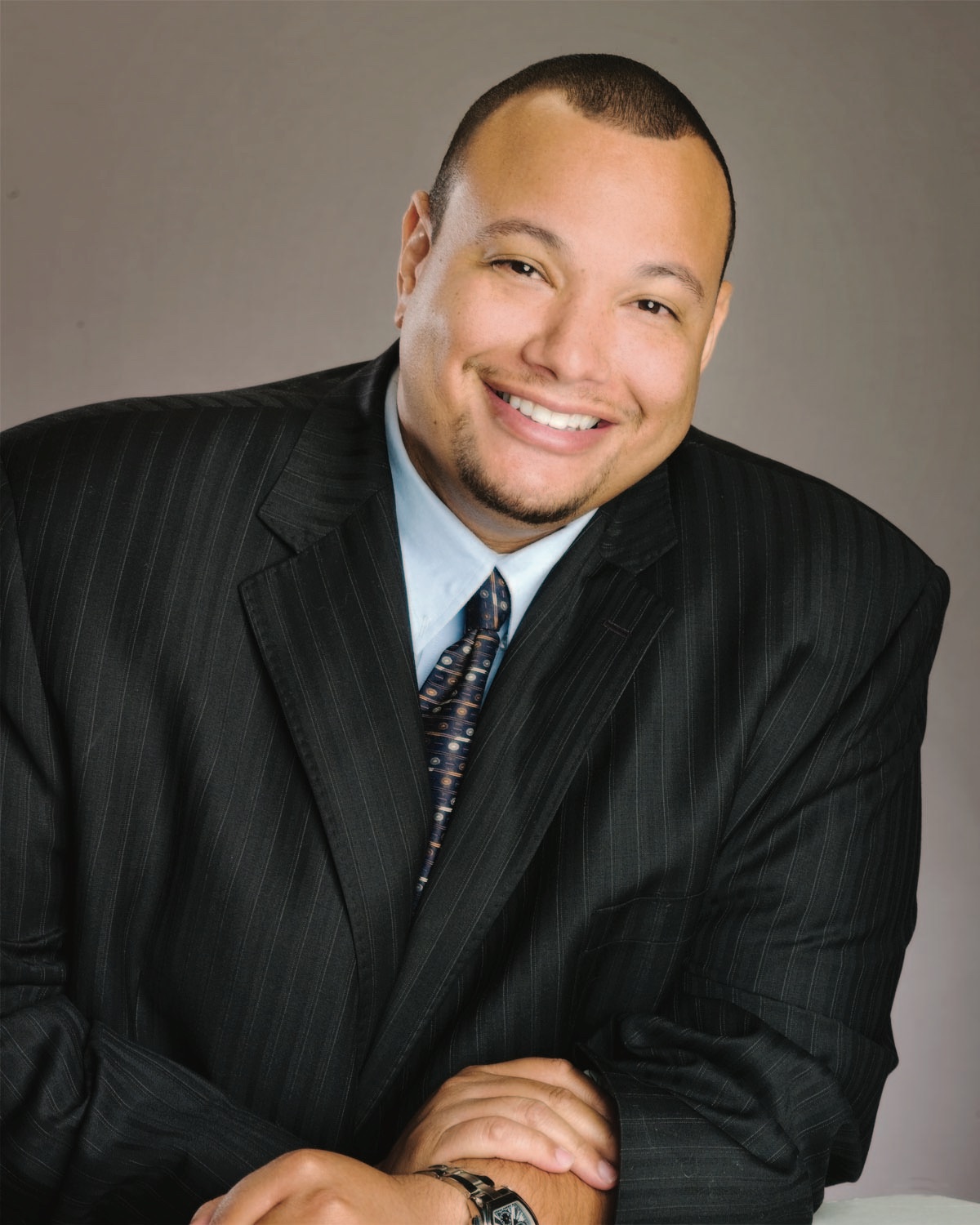(Orlando Sentinel) Soon, Nelson Rolihlahla Mandela, former South African president and bulwark freedom fighter, will leave us for more transcendent horizons.
Madiba, the Xhosa clan after which he is affectionately named, is more than a human rights icon and leader; he is the father of a nation and continent. Mandela is the personification of the international movement for freedom and racial equality, and the first universally recognized global statesman. Mandela was not only the moral compass of South Africa, but also the symbol of freedom and racial equality all over the world.
I have written dozens of opinion columns over the years, but this was the most difficult. It forced me to reckon with the loss of someone that I have loved dearly for most of my life, Madiba. I was introduced to him when my Jewish grandfather consoled me after I was called the N-word and beaned in the face by an ill-intended fastball during a Little League game in Los Angeles. I was embarrassed and angry. Quoting Mandela, he simply said, “Difficulties break some men but make others.” It resonated.
In the days, weeks and months ahead, many will document his magnanimous contributions to the global human rights movement. Pens and printers will run out of ink and millions of souls will grieve and celebrate his life. Stories of his courageous activism, barbaric incarceration and saint-like ascendancy to free a nation from racial tyranny will fill the pages, airwaves and television screens the world over. His legacy will be celebrated by the poor and rich, disenfranchised and privileged. I will leave this task to others.
I simply want to share some personal reflections about a virtuous man who touched my soul. I revere Mandela. He is one of my most beloved heroes, and his example has influenced my life significantly.
For many inside and outside of Africa, Madiba is a saint and prophetic figure most responsible for defeating the immoral forces of apartheid. To me, Mandela is the personification of grace, a peaceful warrior who sacrificially gave his life to illuminate the plight of blacks in South Africa and around the world. In doing so, he consciously fought to deliver all South Africans — black, colored and white — from the depraved heart of apartheid.
I unexpectedly met him for the first time on Feb. 12, 1995. My mentor and friend, Collins Molapante Ramusi, a famed South African lawyer, politician, activist and personal friend of Madiba, introduced me in the basement hallway of the South African Parliament in Cape Town.
I remember it like yesterday. Ramusi said, “Madiba, meet one of our young African-American brothers here to help us.” Mandela looked into my eyes with a penetrating gaze, extended his hand and, with a gentle smile, softly said, “Welcome brother and thank you, make sure you come see me.”
It was a surreal moment. How do you respond to a legendary figure that you have loved and revered your entire life? I stood frozen in time, and then slightly tilted my head and replied, “Yes sir, brother Madiba.” During this time I served as a legal aide to the Constitutional Assembly of the Parliament of the Republic of South Africa during the country’s constitutional-making process.
To me, Mandela was a mythical-like figure and physical embodiment of black manhood. I felt more connected to myself in his presence. I felt righteous. Madiba radiated an entrancing energy. His handshake was soft but powerful. His hands felt like silk. His eyes exuded wisdom and love. His touch evoked confidence and pride. I felt like I was in the presence of a superior being.
In many ways, his graceful acknowledgment confirmed my manhood and status as an African-American man. I didn’t want to leave him. I met with him for the last time a few weeks later and was once more enthralled by his presence.
I will miss him. South Africa will cry for him, and the world will agonize over losing him. Madiba was the moral dam that held back the generational floodgates of despair, hopelessness and collective violence boiling below the surface of South Africa’s new democracy.
As we prepare to embrace life without him, let us hope that South Africans honor his legacy.
(Editor’s note: At this writing, Mandela was in the hospital in critical condition.)

